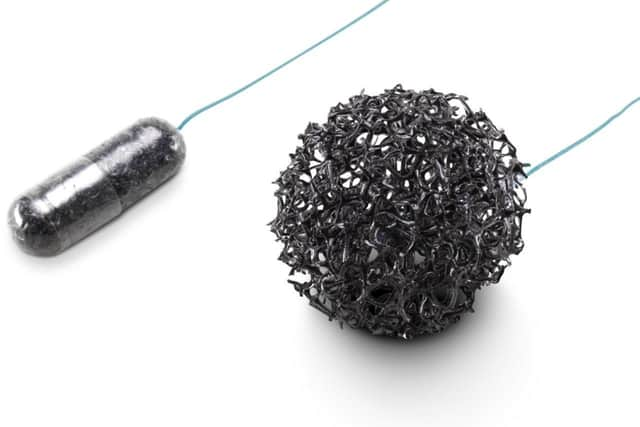Lancaster GP practice to pilot ‘sponge on a thread’ cancer test
and live on Freeview channel 276
The potentially lifesaving Cytosponge test will be given to hundreds of people in the city in a bid to identify people most at risk of oesophageal (gullet) cancer and a condition known as Barrett’s Oesophagus.
Lancaster Medical Practice has been selected to take part in the pilot after nationwide funding was granted to further develop the innovative procedure.
Advertisement
Hide AdAdvertisement
Hide AdPatients over the age of 50 with chronic reflux symptoms who have been taking prescribed proton pump inhibitors will be identified to receive the test in Lancaster, starting this summer.


Bridget Kingcox, nurse partner at Lancaster Medical Practice, said: “The Cytosponge test is a quick and effective way of offering this important heartburn health check, and we are really pleased to be part of this exciting pilot.
“Our patients who suffer from chronic reflux can benefit from this innovative test, and it is great to be able to offer this test here in Lancaster, in a familiar location for them.”
The NHS Cancer Programme, with the support of Small Business Research Initiative (SBRI) Healthcare, has committed £3.4 million for diagnostic company Cyted to partner with the NHS in three regions - Lancashire and South Cumbria, East of England and Wessex - to deliver the procedure.
The Cytosponge test itself is less invasive and involves the patient swallowing a capsule which is attached to a thread. The capsule dissolves after a few minutes to release a sponge that gathers oesophageal cells for laboratory analysis after it is removed.
It is generally much more comfortable than having an endoscopy. There is no need for the patient to be sedated and it can be delivered in a nurse-led clinic in about 20 minutes.